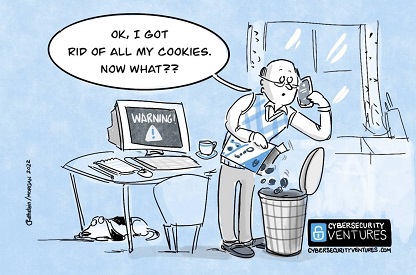AGO Suspects Sritex Bankruptcy Stems from Credit Misuse
Reporter
Amelia Rahima Sari
May 23, 2025 | 07:20 pm

Indonesia’s Attorney General’s Office (AGO) suspects corruption linked to credit misuse played a key role in the bankruptcy of textile giant PT Sri Rejeki Isman Tbk, or Sritex.
Harli Siregar, AGO’s Legal Information Center chief, said investigators are probing the misuse of Rp692.98 billion in credit allegedly used by Sritex President Commissioner Iwan Setiawan Lukminto to repay debt. Authorities are still determining whether the debt was personal or corporate.
“Credit like this should be used for working capital,” Harli said on May 23 at AGO headquarters in South Jakarta.
He explained that working capital is intended to fund operations and keep the company running smoothly. “But if it was used to pay off company debt, that’s not permissible,” Harli added, noting that it would violate the loan agreement.
He also said there are signs the funds were spent on non-productive assets, further eroding the company’s performance.
“That’s why, as we see now, Sritex has gone bankrupt,” said Harli. “This means that if the management was good and had used the significant credit appropriately, Sritex could probably still remain a healthy company.”
Harli said that in 2020, Sritex posted a profit of Rp1.8 trillion. But in 2021, the company recorded a loss of more than Rp15 trillion.
“That’s a huge deviation,” said Harli. “That may be the anomaly that opened the door for us to investigate further. Turns out, we found indications of corruption.”
Previously, the AGO named three suspects in the corruption case involving Sritex’s credit facilities: Iwan Setiawan Lukminto, former Bank DKI President Director Zainuddin Mappa (2020), and Dicky Syahbandinata, former Head of the Commercial and Corporate Division at Bank BJB (2020).
Abdul Qohar, Director of Investigations at the AGO’s Special Crimes Division, said that the case centers on loans from West Java and Banten Regional Development Bank (BJB) and Bank DKI Jakarta to Sritex. Investigators allege the credit was issued unlawfully and caused Rp692.98 billion in state losses.
“They failed to conduct proper analysis or comply with established procedures and requirements, including a key one: the credit was not actually used for working capital,” Qohar said during a May 21 press conference.
The three suspects face charges under Articles 2(1) or 3 in conjunction with Article 18 of the 1999 Anti-Corruption Law, as amended by the 2001 Law, and Article 55(1)(1) of the Criminal Code.





